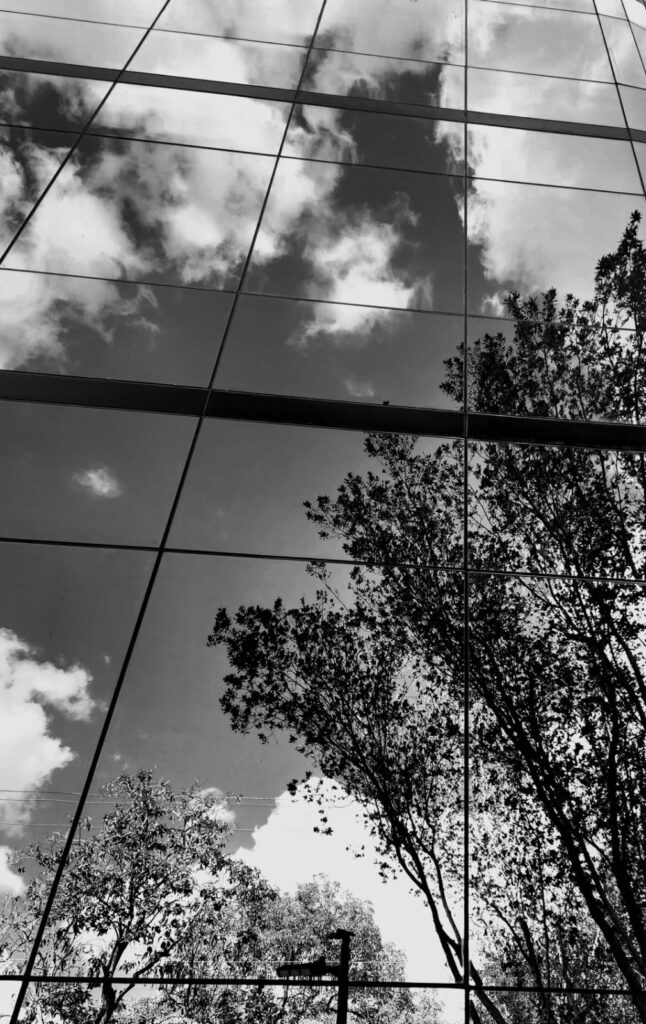“The deepest need of the human being is to overcome our
separateness, to leave the prison of our loneliness.”
– Erich Fromm
“Loneliness is black coffee and late-night television;
solitude is herb tea and soft music.”
– Pearl Cleage
“Loneliness is the way by which destiny endeavors to lead man to himself.”
– Hermann Hesse
There is a sad irony in all of us knowing the difficult, painful feelings that come with loneliness, but instead of seeing it as it is – an inevitable part of our simply being human – we tend to experience a defeated, punishing sense of aloneness and alienation. While we are licking the wounds of such aloneness, billions of people around the world have all experienced that same pain of separation. Loneliness, therefore, is not something we can avoid, but we can learn to respond to it more adaptively by recognizing that it is part of who we are as a species; it is not a personal result of our having failed in our lives.
What we say to ourselves when we are lonely strongly affects our ability to handle it. If we are convinced that being alone is a sign of individual fate, weakness or failure, we will subject ourselves to dark, critical judgments that will make our suffering stickier and more intense. The truth is that as much as it hurts, loneliness says nothing specifically about who we are, our abilities, integrity or strength. Taking it as one of life’s givens keeps the pain at the lowest possible level because we are no longer administering punishment to ourselves. Seeing loneliness as a sign of our being somehow bad or wrong is only a “second arrow,” a completely unnecessary negative statement about the condition in which we have found ourselves that only increases its pain. (“First arrows” are inevitably painful experiences; “second arrows” are the negative judgments that we direct toward ourselves about that pain.)
So, if chastising ourselves when we are lonely makes us feel worse, what can we do to improve things? Before we consider the answer, it is useful to acknowledge what is so unpleasant about loneliness. Its difficult character takes us back to crying in our cribs when we were left alone as infants. Vulnerable little babies are completely dependent on the care provided by the mother – or other caretakers. When their needs are being served, all is well. When a need arises, however, and has not yet been met, the infant panics, believing it has been abandoned. So, since being cared for is associated with the basic meeting of human needs, when we are left alone at that age, all hell breaks loose, predominantly because the ability to understand has not yet developed.
The relevant difference between infants and us is the rational mind. When we big people find ourselves alone, we recognize that we have been denied certain needs, just as an infant has. But we can work with the situation. The first piece of that work might be our realizing that we are not to blame for our being alone and that it is a state that comes with the human experience. When we pull out the self-blame, we can look more effectively toward how to “fix” things.
Connection is the best all around remedy for loneliness and the “rescuer” does not have to be a romantic savior. It can be anyone from your sister to your pickleball partner. As long as someone can provide you with the opportunity to allow yourself to speak candidly about what’s going on in your life, the simple act of relating to another eases the pain. Our human DNA has caused us to operate as such for as long as beings like us have been around.
There is much more we could look in our trying to understand loneliness, but to keep it simple, it may help to remember three key things: 1) Everyone gets lonely, 2) Fault is an irrelevant concept with respect to loneliness, and 3) Loneliness is a helpful state because it reminds us of our need to connect with others.
I have one more gentle suggestion: Try to remember to be aware of the loneliness being experienced by others around you the best you can. When we are truly in the present moment, watching what’s going on, we can be there for others in a more effective way, just as others can more effectively help us when they are really paying attention. It’s a big, complicated buddy system: we just need to take care of each other!
JNK

If I made you feel something from your own life in this piece, let’s talk about it. Just hit the consult button!
